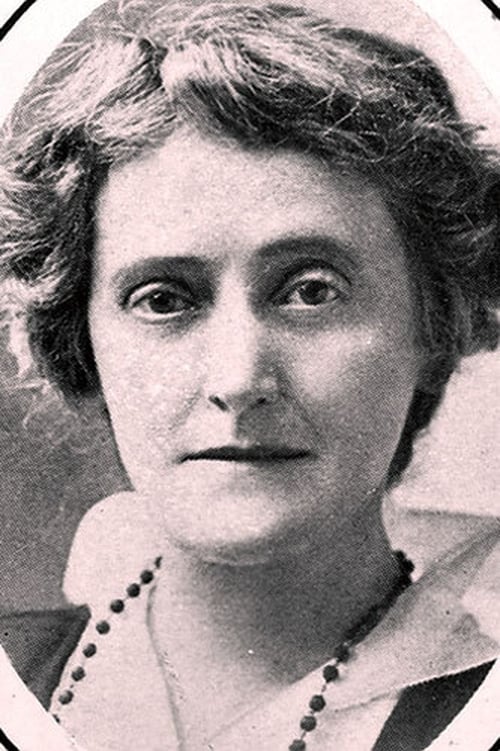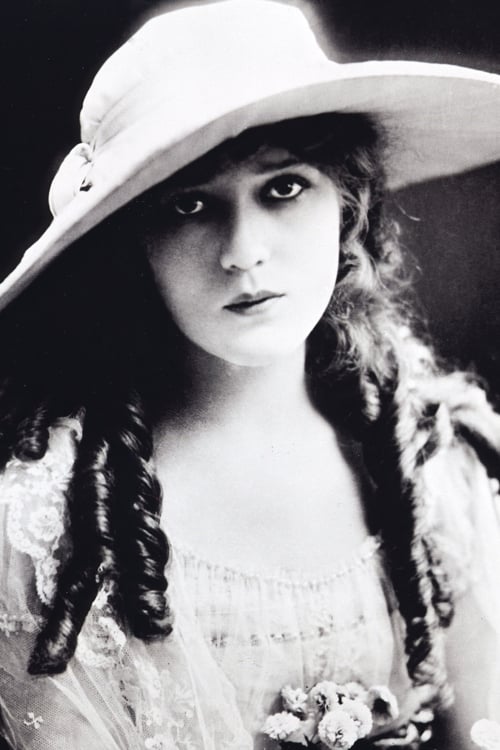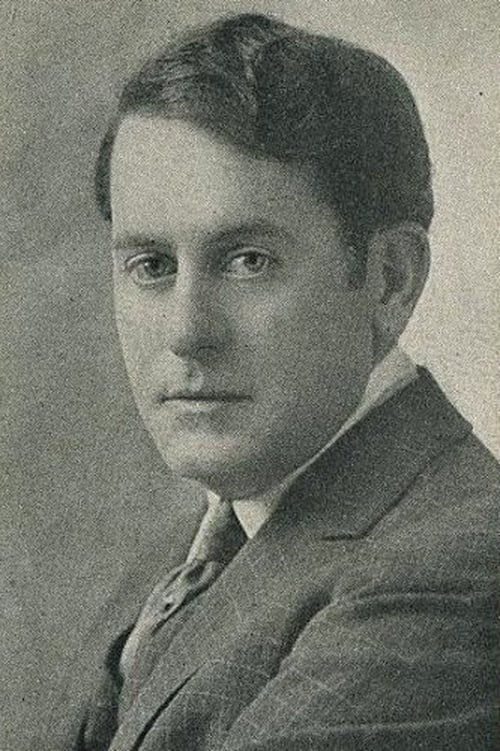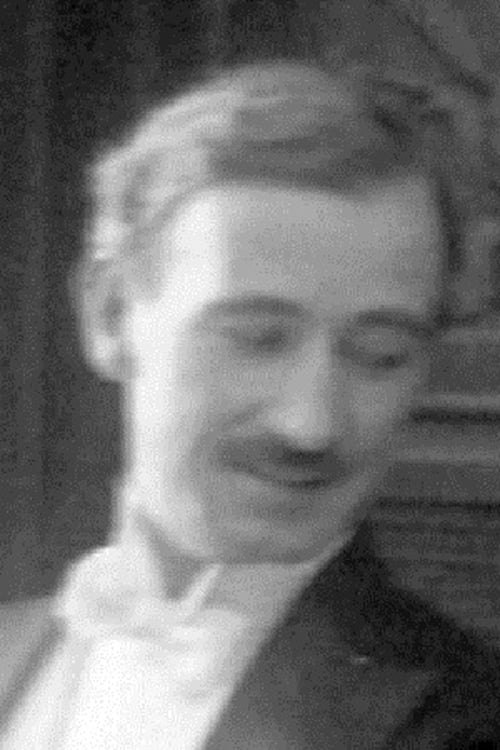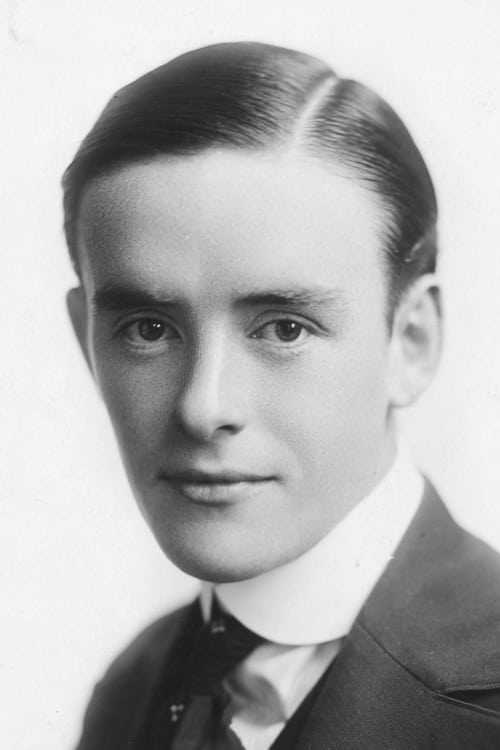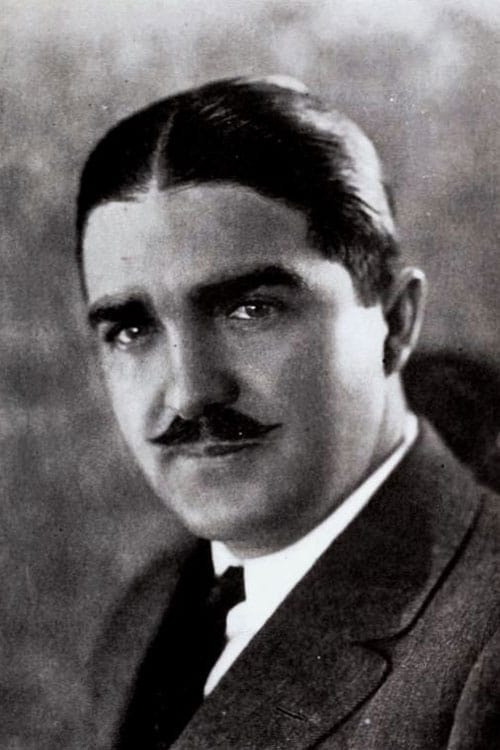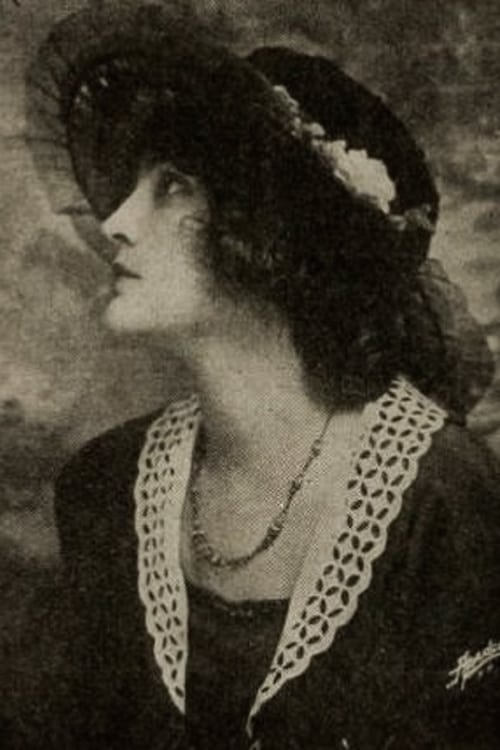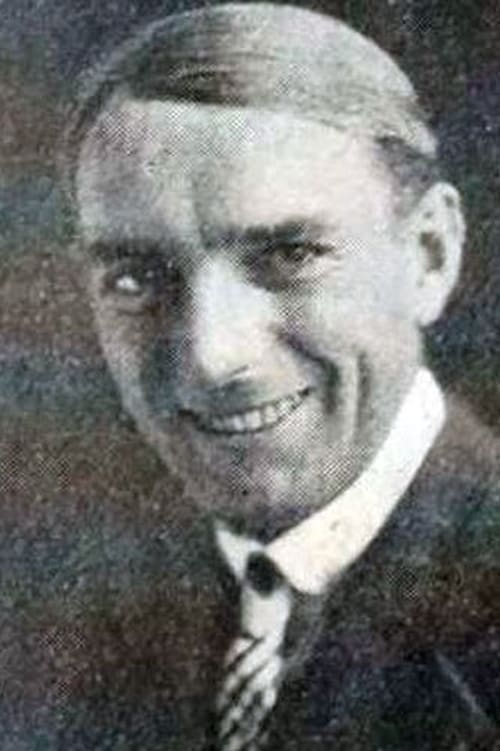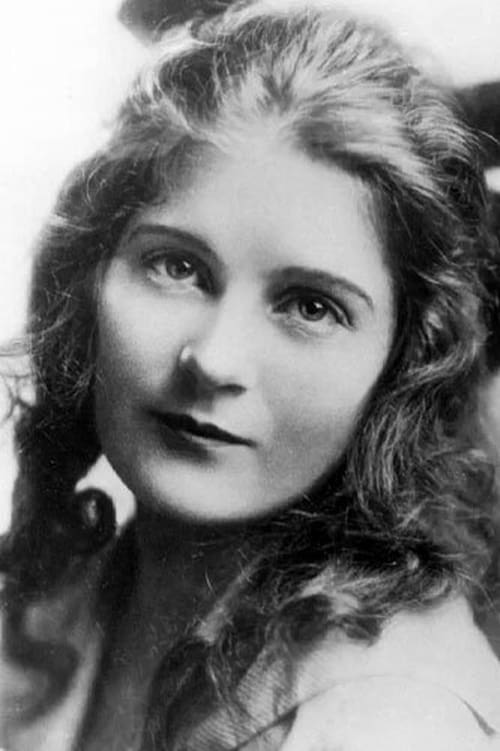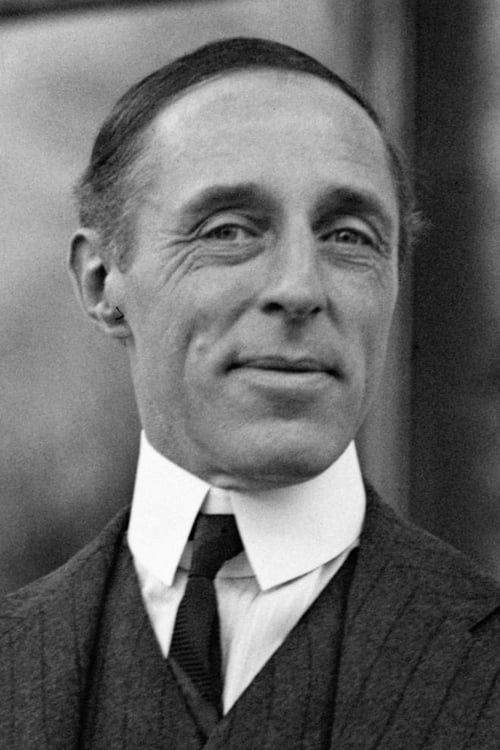The Old Actor (1912)
Genre :
Runtime : 17M
Director : D. W. Griffith
Synopsis
An elderly actor who lives with his wife and daughter is dismissed from his acting job because he is considered too old. On his way home from the theatre he panics at the thought of telling his family the bad news and decides to disguise himself as a beggar. His daughter's beau accidentally gives him a five dollar gold piece, thinking that it was a smaller coin. A chase ensues with a policeman, the daughter, and her beau in hot pursuit. When caught he is recognized by his shocked daughter, but is quickly forgiven by all. Meanwhile the actor hired to replace him has already been fired and a messenger is dispatched to rehire the Old Actor to the delight of his wife, daughter, and fellow actors.
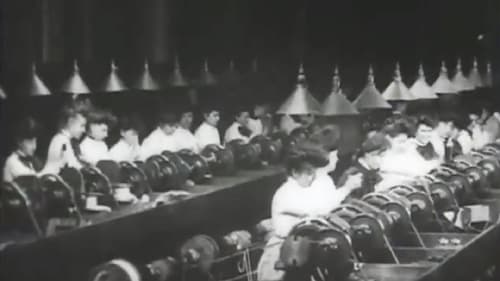
Billy Bitzer filmed 21 short actualities inside the Pittsburgh Westinghouse Works in April and May of 1904. Audiences of the day would have been treated to footage of factory panoramas, women winding armatures and turbines being assembled. These industrial films were produced for the American Mutoscope & Biograph Company.

A frantic child reports to the tribal chief that her father killed her mother. The tribe chases and captures the man, dragging him back for tribal justice.

Film shows the story of Papageno (the one from Mozart's opera "The Magic Flute"), who wants a mate, yet has difficulties getting one.

Come take an avant-garde walk in the Montparnasse of the late 1920's. This district of Paris, filmed in a most unusual way, shows how dedicated it is to art. Visit its art galleries and exhibitions, take a glimpse of famous painter Fujita, of Luis Buñuel eyeing the legs of beautiful Parisian passing the terrace of the café where he sits, of Italian futurists Marinetti, Prampolini and Russolo.

A local council worker inspects three homes.

In a tribute to the Fleischer brothers shorts of the '20s, a janitor hypnotizes Max Fleischer's pen to draw Betty Boop.

Centuries of June, perhaps more than any Cornell film, is a naked attempt to capture the soul of a place and the mood of a disappearing moment.

An early sound film featuring Gus Visser and a duck.

A combination of the story of Goldlocks and the Three Bears with the true story of how Teddy Roosevelt spared a bear cub after killing its mother while hunting, an event which led to the popularization of the teddy bear. Goldilocks goes to sleep in the bears' home after watching six teddy bears dance and do acrobatics, viewing them through a knothole in the wall. When she is awoken by the returning bear family, they give chase through the woods, but she runs to the aid of the Old Rough Rider, who saves her.

A series of papers flutter in the wind in this short film by Hollis Frampton.

Harshness and beauty exist side by side in this look at the lives of sulfur mine workers and their families in southern Italy.

Filming amid the flaxen wheat fields of Sicily, Vittorio De Seta documents the everyday rituals of farmers during harvest time.

Daisy and her husband both go in for a face-pulling contest, but when the big day comes she is unable to attend the competition, and her husband wins instead. When the next opportunity comes around, she is determined to win -- but gets a little over-enthusiastic on the way to the contest and finds herself in trouble! She is most ungrateful for her rescue; fate, however, catches up with her that night…

Rain falls and reflects the light in this short film by Hollis Frampton.

With the screen split asymmetrically, one part in positive, the other negative, the film documents the evolution of simple celled organic forms into chains of cells then more complex images from tribal cultures and contemporary modernist concepts. The images react, interpenetrate, perhaps attack, absorb and separate, until a final symbiosis (or redemption?) is achieved.

A parade of popular consumer items cut to "The Battle Hymn of the Republic". A great example of Pop Art in film.

A man talks about addiction to barbiturates.

Further examining the medium of film itself, Colorfilm is a work Lawder made while trying to make a minimalist, "pure color" film. Using spliced-together strips of colored film leader in white, yellow, blue, red, green, etc., Lawder ran the film through a projector and found the results to be quite boring. While he was running the film, though, he noticed how beautiful the colored strips of film looked as they ran through the projector. So, he turned a camera on the projector and filmed the colored film gorgeously winding its way through the projector's machinery." - Noel Black, Colorado Springs Independent

Duke Ellington and Orchestra perform 'C Jam Blues'.

We are taken on a journey through a field of corn in this short film by Hollis Frampton.


